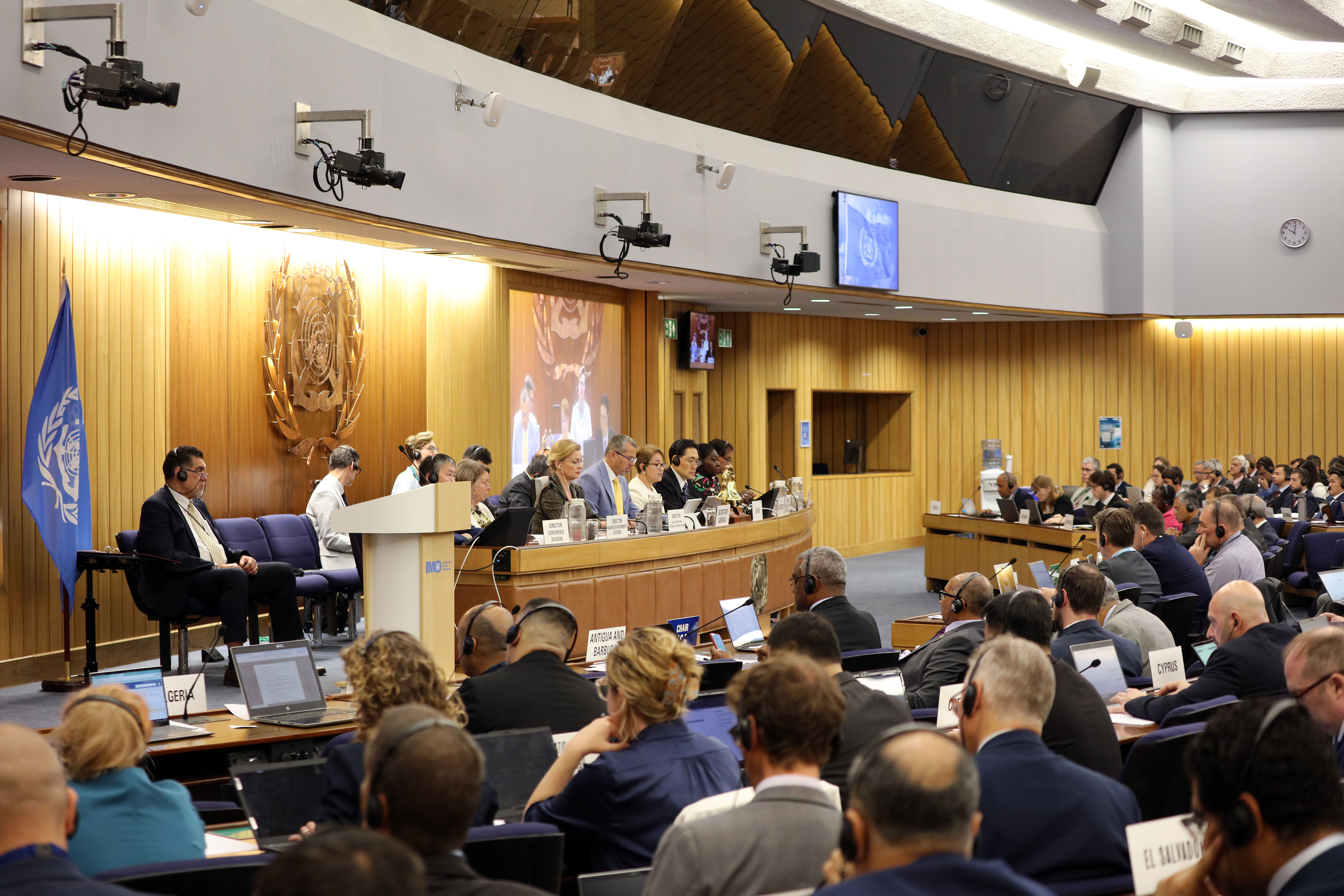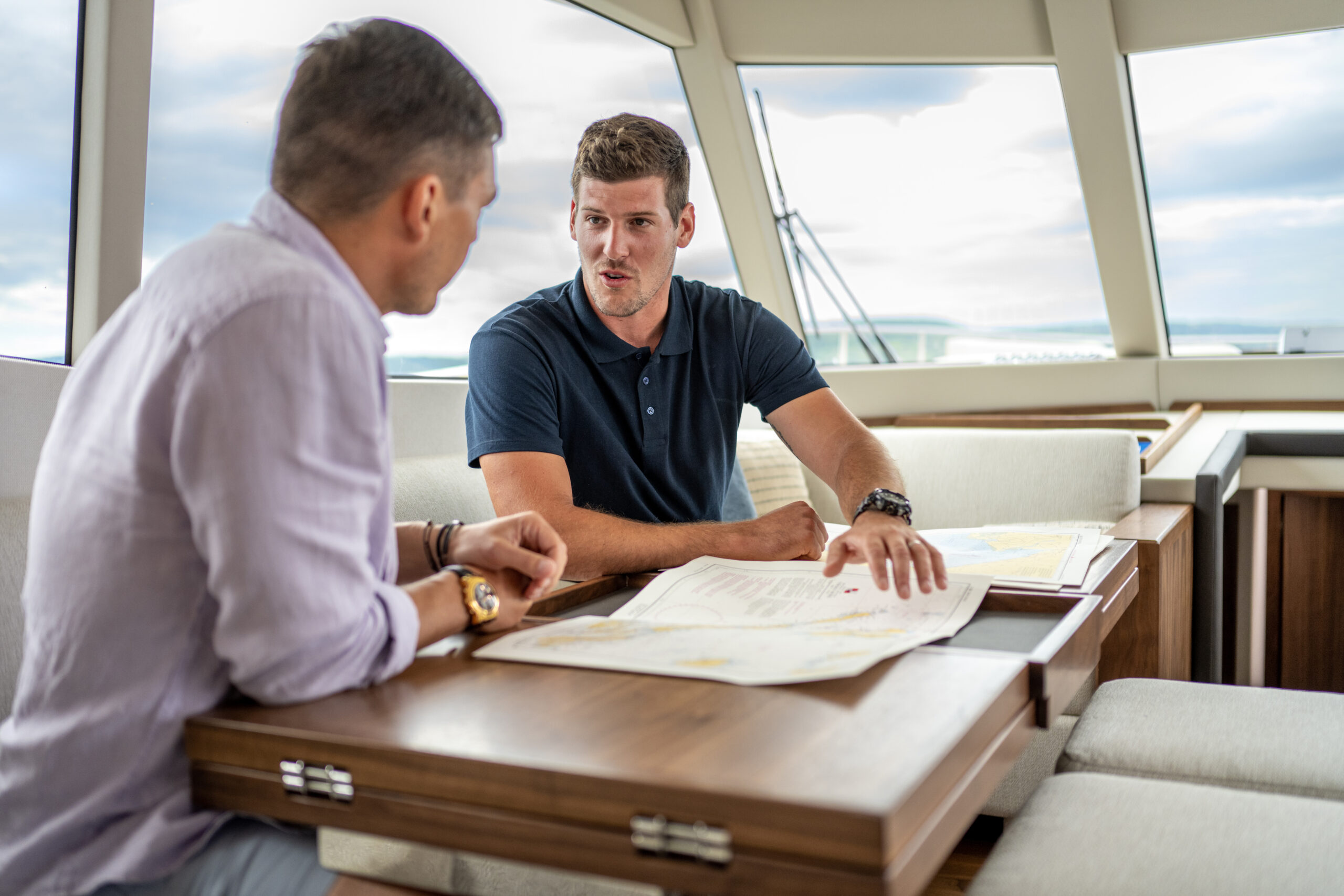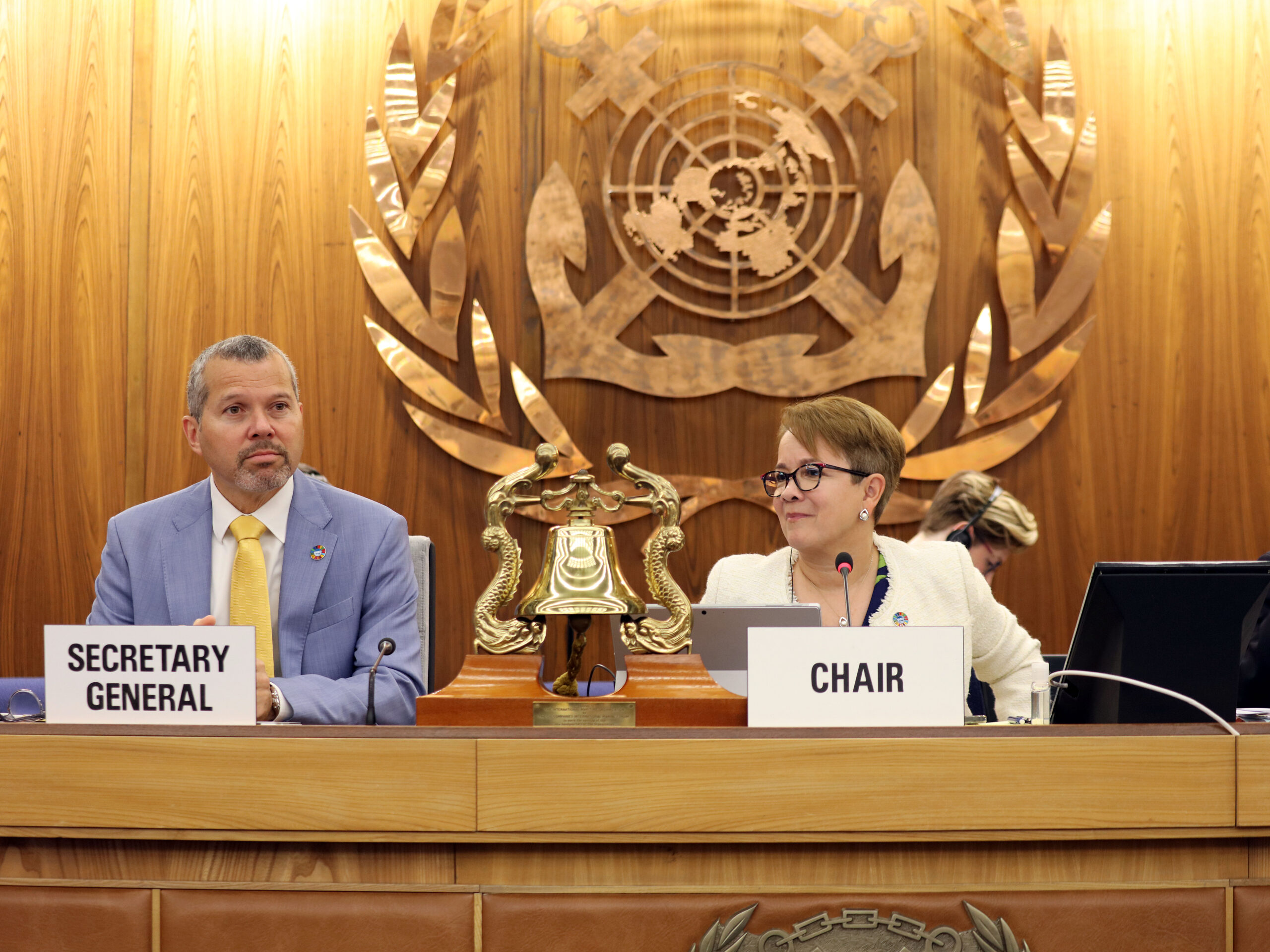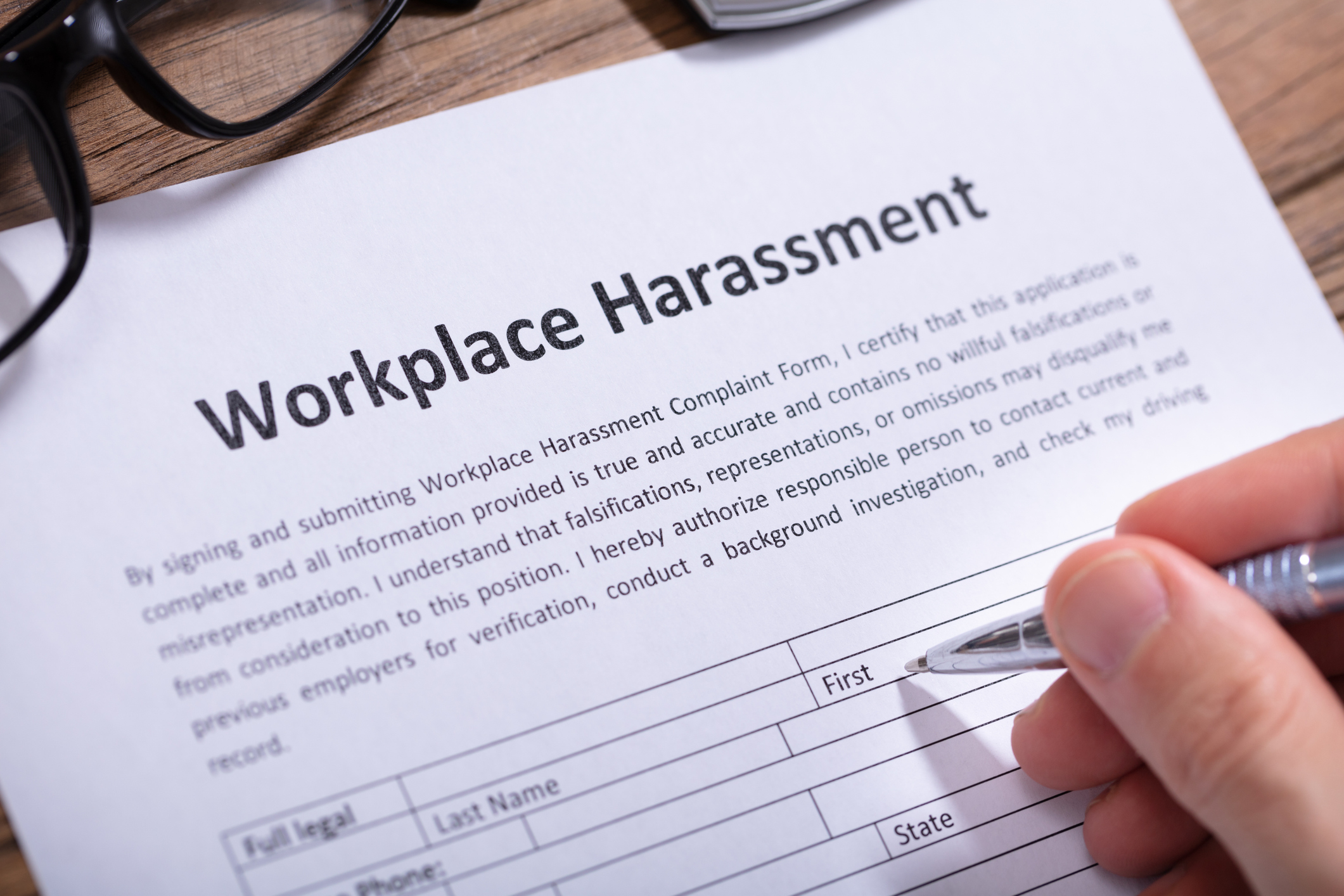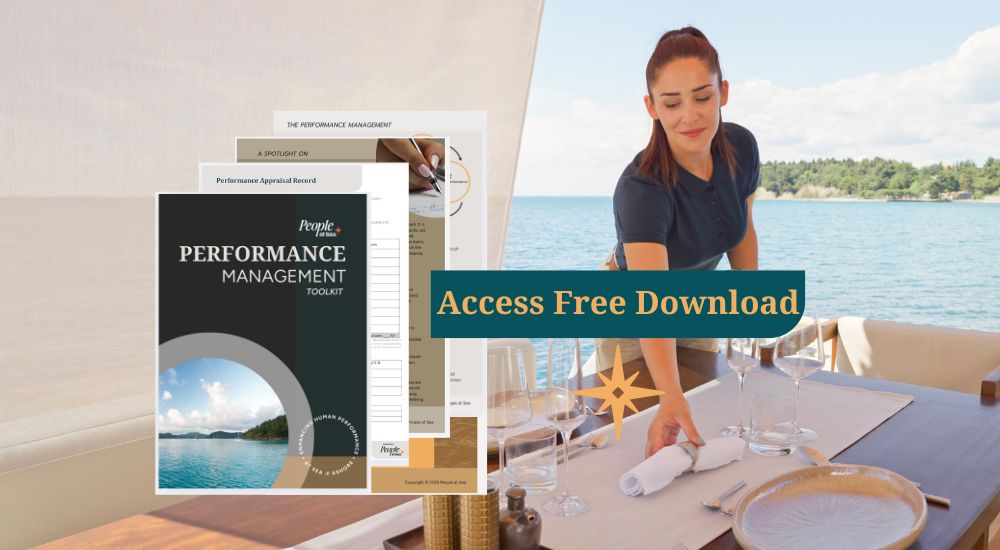In an industry where tradition meets luxury and performance is prized above all, regulatory shifts can sometimes feel like bureaucratic background noise. But the recent amendments to the STCW Code and the ISM Code by the International Maritime Organization (IMO) mark a pivotal moment for global seafarers, including crew onboard superyachts.
These changes are not just about compliance, they signal a deeper recognition that maritime excellence must include human wellbeing, safety, and respect. With enforcement beginning January 1, 2026, the time to prepare is now. So, what do these updates mean for you, your crew, and your onboard culture?
A Cultural Shift in Maritime Training: STCW Code Amendments
The IMO has approved substantial updates to the Seafarers’ Training, Certification, and Watchkeeping (STCW) Code, specifically to Table A-VI/1-4. This is not simply an update to paperwork; it’s a deliberate shift toward integrating human relations, psychological safety, and trauma-informed practice into core maritime training.
Key Training Enhancements:
- Mandatory Anti-Harassment Training
- Seafarers will now receive structured training in understanding, preventing, and responding to bullying, harassment (including sexual harassment), and assault.
- This includes education on power dynamics, the continuum of harm, and intervention strategies.
- Trauma-Informed Approaches
- For the first time, basic safety training will include guidance on how to respond to disclosures of harm with empathy and awareness.
- This includes support techniques for victims, bystanders, and even perpetrators.
- Understanding Contributing Factors
- Training will address how isolation, stress, fatigue, discrimination, and substance abuse contribute to abusive behaviors.
- Communication and Human Relations
- Focus is being placed on teamwork, conflict resolution, and cultural sensitivity—skills that impact both safety and crew morale.
- Environmental and Emergency Preparedness
- Updates reinforce competence in responding to emergencies (collisions, fires, etc.) and increase awareness of marine pollution and environmental responsibility.
- Fatigue Management
- Seafarers will now be taught how to manage fatigue and optimize rest, sleep cycles, and workload, all critical on long charters or crossings.
Certification and Compliance Requirements
After January 1, 2026, all seafarers undergoing basic safety training, such as STCW, must be certified under the new standards. This will affect not only new recruits but existing crew renewing their certifications or joining new vessels.
For yacht captains and department heads, this means collaborating with training providers to ensure crew are up to date and confirming manning agents and course providers are aligned with these revised standards.
Superyachts and the STCW: Why It Matters More Here
While the merchant fleet may be the IMO’s primary focus, the superyacht sector faces unique challenges that make these changes even more relevant:
- Smaller, more intimate teams can make it harder for victims to report harassment without fear of backlash.
- The blurred lines between guest service, professional hierarchy, and personal space increase the risk of power misuse.
- High turnover, charter pressure, and long seasons contribute to fatigue, interpersonal tension, and burnout.
These updates embed the human element in foundational training, which was previously reserved for deck officers through HELM courses. This is a major evolution from the 2010 Manila Amendments and reflects a maturing view of what competence truly means at sea.
The ISM Code: From Compliance to Culture
Alongside the STCW changes, the IMO is also revising its guidance on the International Safety Management (ISM) Code, the operational framework for safe shipping under SOLAS Chapter IX. While not a new regulation, the focus of these revisions is unprecedented.
Key Changes:
- Mandatory Inclusion of Anti-Harassment Policies
- Ships must now include policies and procedures for preventing, reporting, investigating, and resolving all forms of violence and harassment.
- This extends to safety management systems (SMS) and must be reflected in company-level and ship-level documentation.
- Support and Reporting Mechanisms
- Companies are expected to ensure seafarers can report misconduct safely and confidentially, free from retaliation, and with access to medical, psychological, and victim care services.
- Port State and Flag State Involvement
- The IMO is pushing for consistent enforcement, meaning port State control inspections may scrutinize SMS documentation more closely.
- Flag States will be expected to assist companies in implementing these human-centric safety systems.
- Company Accountability
- Management Companies are expected to take responsibility for onboard culture, including allocating resources for shoreside response, onboard support, and training.
- Training and Familiarization
- Not only onboard personnel but shoreside staff must be trained and familiarized with these new policies, procedures, and expectations.
What This Means for Captains and Yacht Leadership
For Captains, HODs and yacht managers, the implications are clear: compliance is the floor, not the ceiling. Here’s what this means for your operations:
-
Audit Your SMS
You will need to revise your Safety Management System to explicitly include:
- Definitions and examples of harassment and assault
- Clear reporting procedures
- Confidentiality protocols
- Roles and responsibilities for onboard leadership
- Procedures for investigation, disciplinary action, and support services
Be proactive: don’t wait for a Port State inspection or audit. Demonstrate leadership by updating and socializing these policies with your crew.
-
Check Your Training Providers
Ensure your PSSR and other safety training providers are incorporating the revised Table A-VI/1-4 content. You should be asking for:
- Course outlines
- Proof of compliance
- Post-training documentation for crew files
-
Review Your Onboard Culture
These regulatory updates reflect an assumption: that safety is compromised by poor culture. If your yacht has tolerated “old-school” behavior, jokes, or power games that compromise psychological safety, now is the time to confront them.
Leadership starts with you. You set the tone for what is tolerated, how conflict is handled, and whether people feel safe to speak up.
-
Embed Trauma-Informed Practice
“Trauma-informed” isn’t just a buzzword, it’s now part of basic training. Learn what it means. Equip your HODs to handle disclosures of harm, manage conflict without escalation, and debrief crew after incidents.
This is especially critical for smaller yachts where HR support is limited and crew may be isolated from external networks.
-
Think Beyond Compliance
Your yacht is a floating workplace, home, and social space. Look to other industries with similar dynamics like offshore mining or remote tourism lodges where pre-employment screening, background checks, and proactive wellbeing strategies are already standard.
Consider implementing:
- Mandatory reference checks with questions about conduct
- Pre-season workshops on communication and conflict
- Confidential crew feedback channels
- Increased shore-based support
- Mental health first aiders onboard
The Bigger Picture: Why This Matters Now
The IMO’s Maritime Safety Committee and the Joint IMO/ILO Tripartite Working Group have pushed these amendments forward in response to longstanding, systemic issues within shipping, many of which have been mirrored in yachting.
From viral crew testimonies to court cases and whistleblower reports, it’s clear that the industry’s historical blind spots particularly around power misuse and interpersonal harm, are no longer acceptable.
This isn’t just about ticking regulatory boxes. It’s about creating a future for yachting that’s not only prestigious, but ethical, inclusive, and high-performing.
What’s Next?
- Start the conversation onboard now before the January 2026 deadline.
- Collaborate with DPA and shoreside management to update your SMS.
- Push your training providers for updated syllabi and verification.
- Use this moment to raise the bar not just to avoid penalties, but to build a better culture.
The tides are turning. As leaders, we have a choice: cling to outdated norms, or shape the next era of yachting here safety and excellence go hand in hand.
📩 Need help updating your SMS or running pre-season crew training on these topics? Contact People at Sea for policy design, HR support, leadership coaching and crew workshops.
